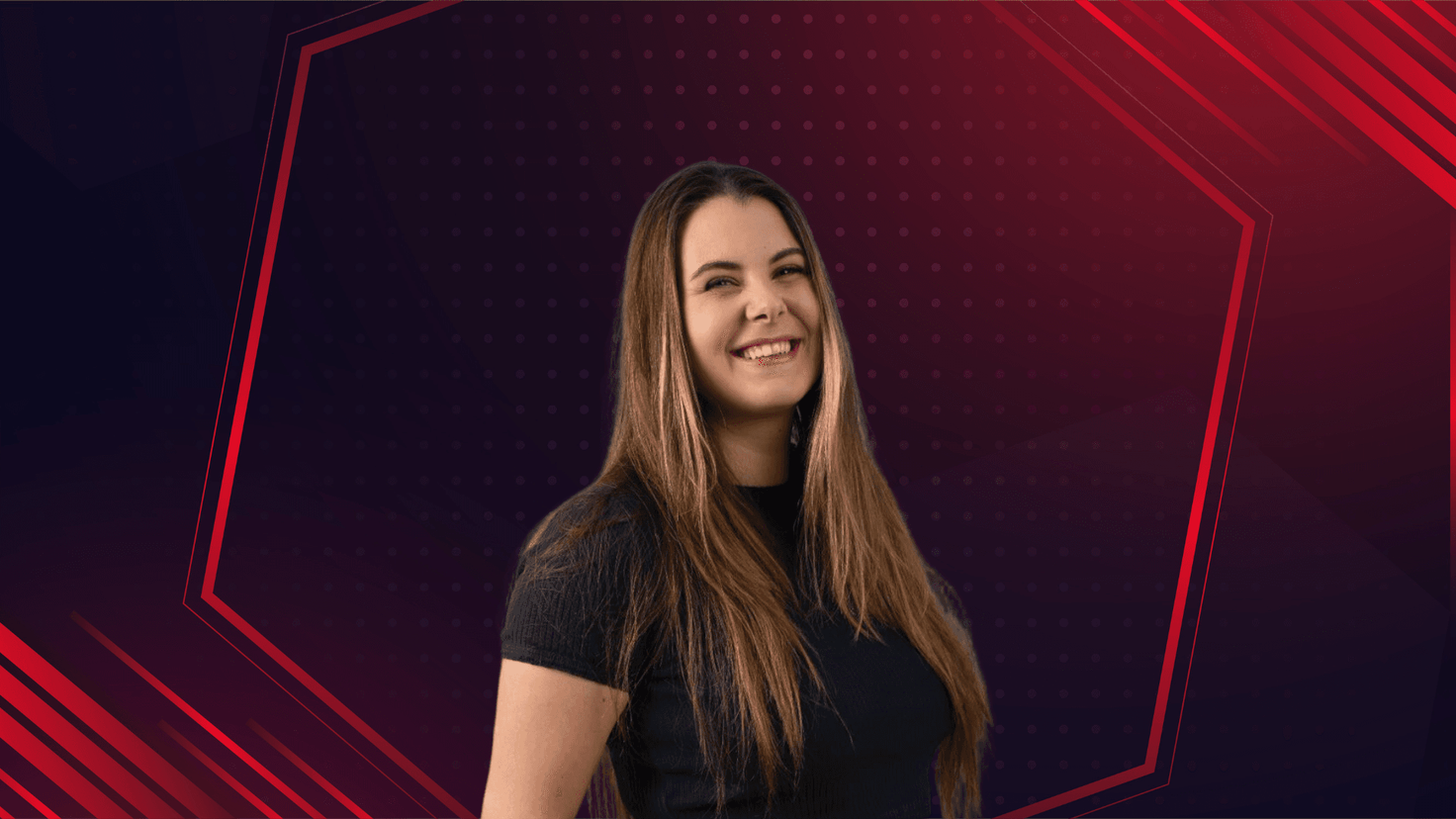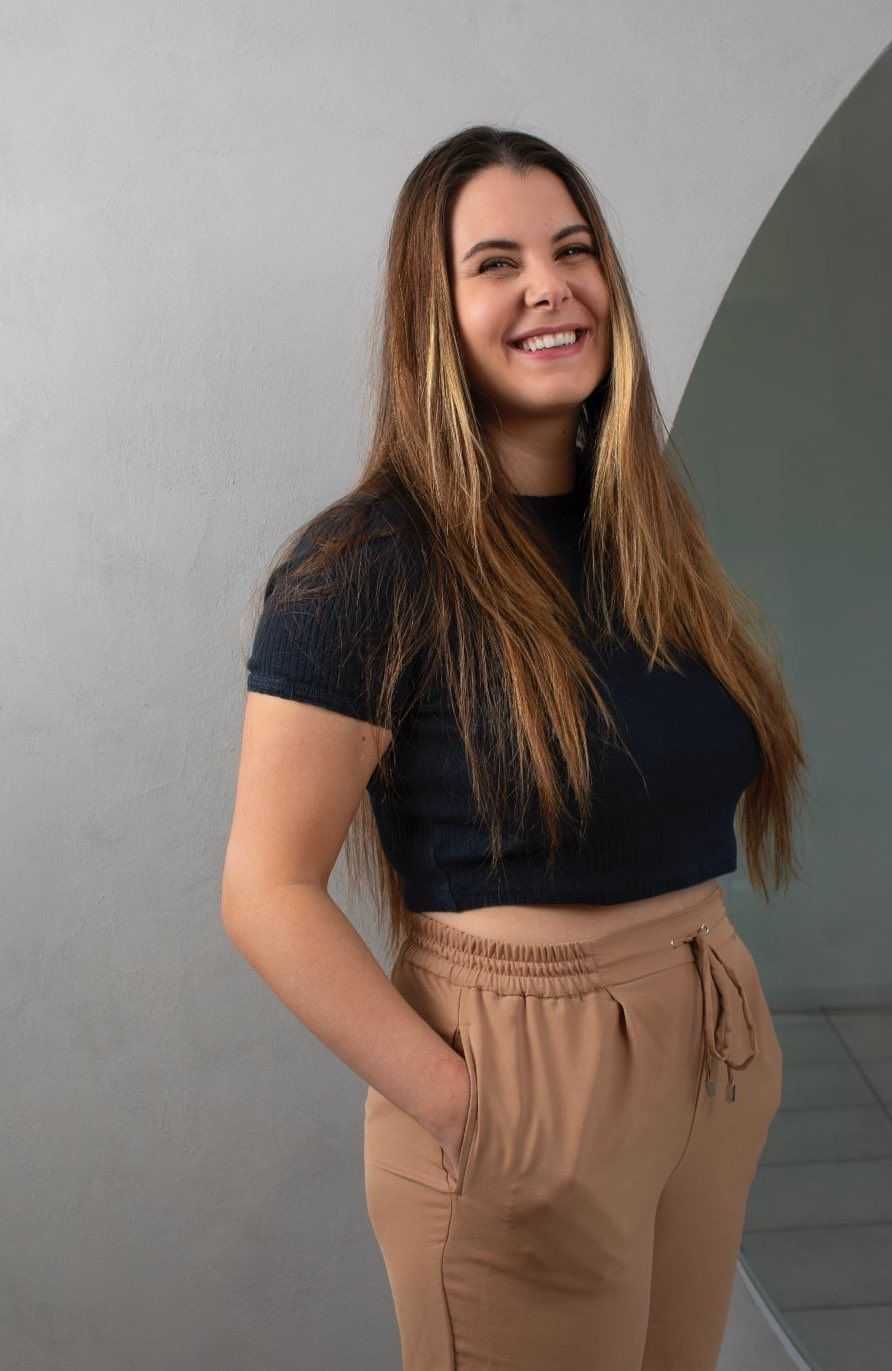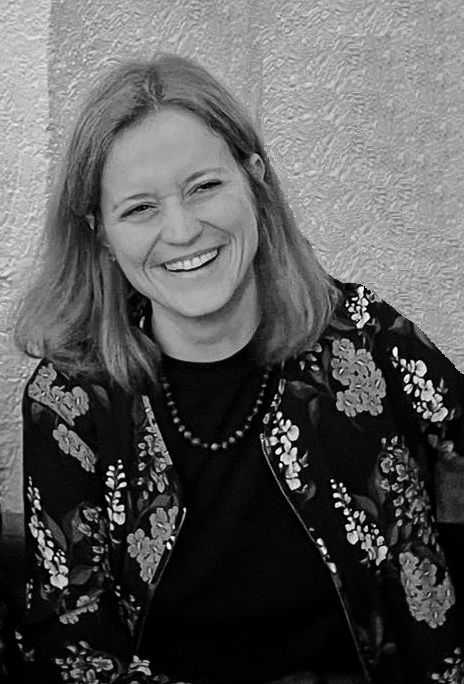Women in Swiss Esports: Nastasia Civitillo aka Khirya

This week, we are thrilled to present Nastasia Civitillo aka Khirya as our latest female highlight in our series Women in Swiss Esports.
Khirya is 25 years old and currently lives between Lausanne and Geneva.
She has been involved in competition and video games since she was a little girl and became interested in the whole psychological dimension of the discipline during her bachelor's degree in psychology. After her degree, she joined Noetic, an association keen on making video games culture accessible to all and promoting its healthy practice towards the young public. She is currently working on a project to develop an esport academy with the aim of promoting a more healthy practice of video games.
She is particularly fond of gaming because according to her, they're an inexhaustible resource for developing skills and having fun.
"There are as many ways to play as there are players and that's what makes the task both complex and magnificent" highlighted Khirya.
She has always been driven by competition. As a top-level sportsman since her 18 years-old, esport has very strong similarities with the world of sport. She loves the challenge it brings on a daily basis, the opportunity to measure herself against others and the work you have to do on collaboration and communication.
Now that you have had a glimpse of who she is, it is now time to dive in her interview!
Six Getting to Know You Questions:
Q1. What is your favorite dish?
"Definitely Tiramisu. But if I have to go with a salted meal, then I would probably go with Carbonara, and I’m talking about the real recipe, not the creamy remake!"
Q2. What is the best game you have ever played?
"The Legend of Zelda: Ocarina of Time. It was my entry into the world of video games."
Q3. Who made you love video games ?
"My brother. I remember I would just sneak behind him when I was 5 years old and watch him play World of Warcraft during the night. And of course, I would tell my parents that he was up playing late, like a good snitch sister."
Q4. Are you on PC, Console or Mobile ?
"PC mostly."
Q5. If you could join any Esports team, who would that be ? (Swiss/Worldwide) "Probably Astralis. Even if they are not as prominent on the scene as they were, this team was the first one in esports to really care about psychological support and taking care of their players. They dominated the Counter-Strike scene for a while with the help of Mia Stellberg, their psychologist, and were the pioneers of introducing the psychological field into competitive video games. They have my respect and my admiration."
Q6. If you were a professional player, which game would you like to compete in ?
"Probably Overwatch or Apex. I love squad games because I think it’s the most interesting way to work since you have to create a dynamic with a group, and I love the FPS and Battle Royale genres."
About Your Background And Career:
Q1. What made you come to esports and how did you get started?
"I met a girl in a ranked game on Overwatch, and she asked me to team up and start a competitive girls’ team. I accepted and I started playing with them. I quickly started going to LANs and I really loved all the competition and intensity it brought. I’m a very competitive person, I’ve been practising Tchoukball at a high level for 18 years, so esports in video games was just the perfect fit for me. Then I got really involved in Swiss esports and discovered a whole new community and a whole new point of interest."
Q2. How are you involved in esports at the moment ?
"I’m currently working for Noetic in the development of our esports academy. We are not aiming at training future esports players, even though it could happen, instead, we’re really focusing on trying to support the young players so they can grow as people and as gamers. My role is to add discussion around various themes concerning video games with our academics. This work relates to my psychology degree. "
Q3. Where do you see yourself in esports in the next five years?
"I would love to still be able to work with Noetic, and keep developing our concept and maybe even expand it worldwide. One of the parts I would like to add to my career would be esports player support. Mia Stellberg remains an inspiration for me, and I really would love to work closer with esports players."
Representation & Inclusivity Questions
Q1. Do you feel that women and marginalised genders are represented well enough in esports? How about in Switzerland?
"If you would have asked me that question 4 years ago, my answer would have been: absolutely not. But lately, women and marginalised genders tend to be way more represented. We are still far from a fair balance, but inclusivity is starting to show, through game characters, esports players, and different feminine pro leagues that are starting to emerge. I really think we are on the right path."
Q2. What is currently the biggest challenge related to this topic and how would you start to overcome it?
"My answer might not be as joyful or as clear as other people’s. When it comes to this topic, I’m both very pessimist and very optimistic. I think the biggest challenge is the stereotypes that minorities have to endure. These stereotypes are just a mimic of our society, they repeat themselves in esports and are difficult to break. These stereotypes, for example, that women prefer to play supportive roles, or are bad at video games and so on, lead to some biased ways of approaching esports for the victims of these stereotypes. It’s more challenging, because they/we have more to prove ourselves, and at the same time it can lead to positive discrimination, which means putting minorities somewhere, just because they are a minority and not because of their qualifications. It leads to a series of disparities and inequalities. But I tend to be optimistic as in my opinion, I believe time will do its job. A generation’s mentality won’t change all of a sudden, but we can educate the next generation so they don’t repeat the same pattern. And that’s what is currently happening. The discriminated parts start to speak up, start to show the inequalities that they suffer from and the new generation will be educated differently. There is no magical formula, it takes time and effort to, all together, understand where the human in all of these interactions is, and how to find the balance. I really believe education will be the only real solution. And it also depends on the speech and the positions influential people and streamers will take. They are a direct link to the younger generation and have a huge impact on how the esports society can evolve. Everything that is being created now, like female leagues, laws protection and so on, are participating in this educational path. The current generation won’t change their point of view, but we can take action to educate the next one."
Q3. Do you feel there is any progress being made for representation on the scene?
"I might have spoiled this with my answer to the previous question, but yes. I really think there is progress in this field. Game designers tend to work towards inclusive ideas, the victims can speak up without being attacked in most cases, and we are heard, again in most cases, but there is still a long way to go. And I’m certain that the progress will only grow stronger over time because although the people that are holding back this progress won’t change their behaviour and opinion now, we just need to let them fade and let the more open generation take the lead."
Q4. If you could bring one thing in the industry to promote more inclusion, what would that be?
"Classrooms and lessons about equality, discrimination and diversity. The industry deals a lot with these three concepts, but it’s always hidden and not spoken up. We really need to express it and speak it louder so it doesn’t just remain a concept, but becomes a reality. "
Q5. What do you think women can bring to the esports scene ?
"The same as what men can bring. Disclaimer, I’m pro the idea that men and women don’t bring the same energy into the world and into the various environments we both inhabit, but I won’t put labels on what women’s energy and men’s energy bring. I think, working side by side, both sides will bring the same things and provide a new synergy that can allow us to go forward and grow the scene and everything that’s around it."
If you want to know more about Khirya and her work within the Swiss esports scene, we invite you to visit her profile here.

